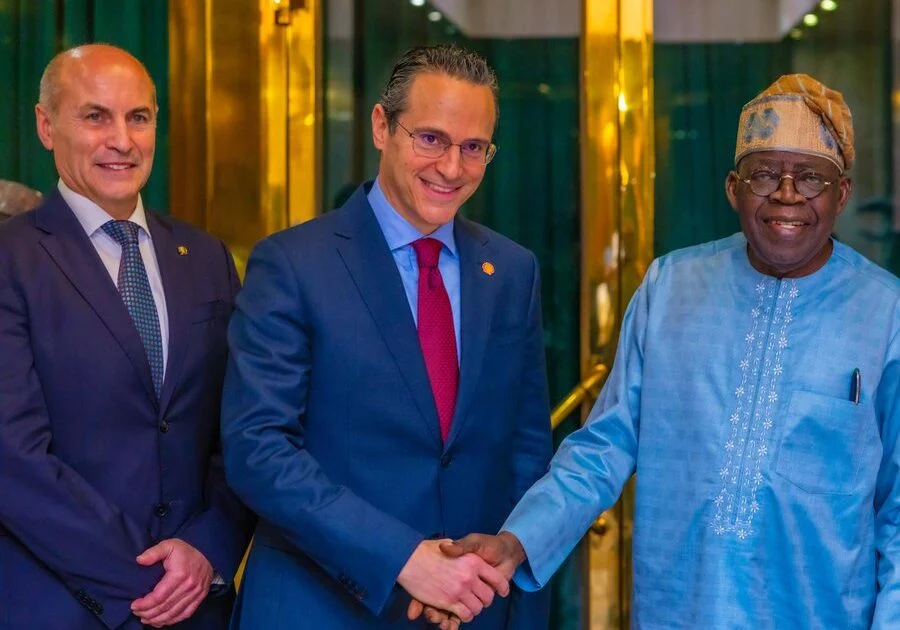Delegates from 183 countries are convening in Panama City for the 10th Conference of the Parties (COP10) to the World Health Organization’s Framework Convention on Tobacco Control. Discussions have focused on the regulation of tobacco products, advertising, and the contentious topic of novel and emerging tobacco products.
In her opening address, Head of the FCTC Secretariat Adriana Blanco Marquizo expressed concerns about the growing availability of these products, cautioning against disingenuous industry messages. The tobacco harm reduction advocates argue that alternatives like e-cigarettes are less harmful, while the WHO contests this, labeling them equally addictive and the information about them misleading.
Accusations are being made from all sides. Harm reductionists criticize the FCTC’s lack of openness to dissent and scientific evidence, while the industry interference and lack of transparency in the FCTC’s decision-making have drawn scrutiny.
A non-profit organization, Taxpayers Protection Alliance-TPA, questions if the WHO is genuinely listening to consumers, scientists, and taxpayer advocates, as well as the transparency of its decision-making process. The media community, too, feels neglected, expressing concerns about restricted access to vital information.
The FCTC seeks to enforce extreme bans on communications regarding alternative tobacco and nicotine products, a move criticized for stifling Tobacco Harm Reduction activism and hindering access to vital information about these products.
The WHO’s dismissal of available scientific evidence on the harm reduction potential of novel products has sparked backlash. Dr. Clive Bates, Former Director of Action on Smoking and Health (UK), has criticized the WHO for denying smokers access to low-risk alternatives through prohibition and misinformation.
Amidst the contradictory information, consumers expect the WHO to take tobacco harm reduction seriously, conduct and participate in research, and foster trust among stakeholders for the benefit of public health.



